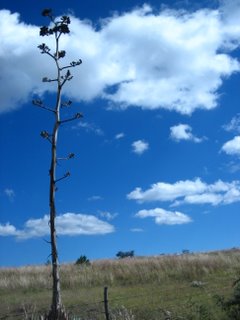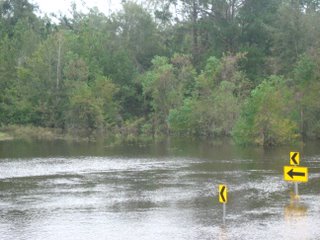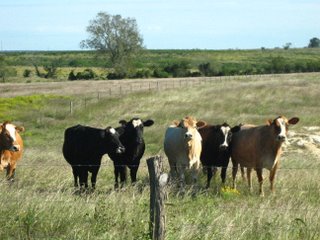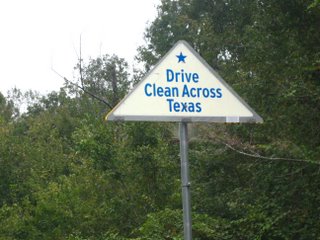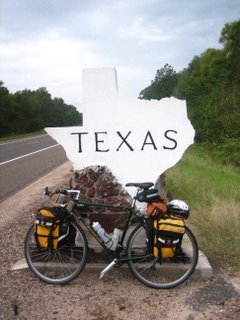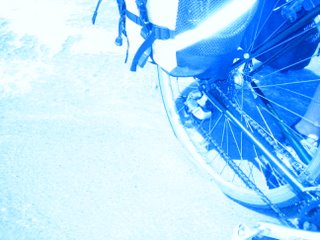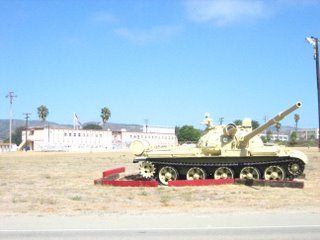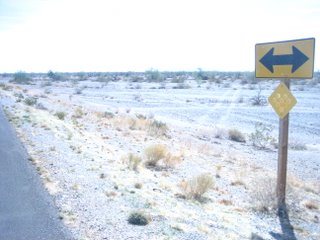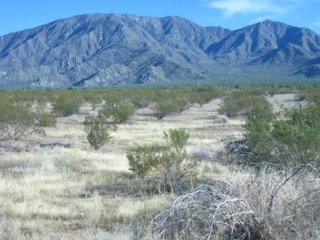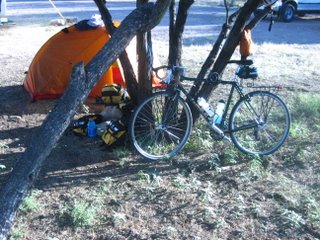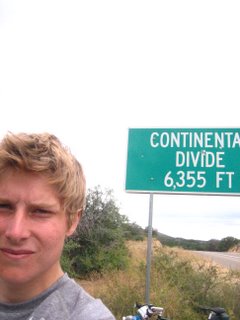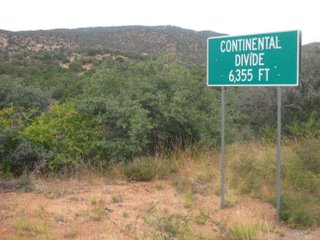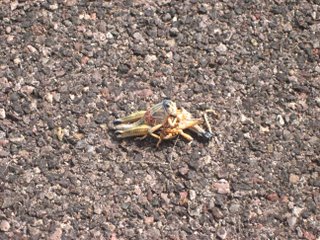AdamA Vermont native I met in an Austin hostel, Adam would have done Jack Kerouac proud, only Adam didn’t hitchhike across the country fueled by amphetamines and ice cream. He found sustenance in dumpsters, and when he got to San Francisco, he stayed a while, sleeping on the sidewalk.
He had since gotten some money for a reason I can’t remember. He had been using it to travel and eat more conventionally by the time he reached Austin. He flew, he took buses, he dined at bona fide restaurants.
But it seemed as though he preferred not to. Even with money enough to buy his own slice, he acted on the temptation to eat others’ table scraps at a 6th Street pizza joint when they had left. Even with a place to stay, he gladly would’ve settled on a concrete plot.
I was taken rather aback when he first divulged his dumpster-dining days, and I asked him why he chose to sift through garbage for grub, given his lacking necessity to do so. Very clearly, I remember his retort: “You mean you’ve never eaten from a dumpster?” No, Adam, I haven’t.
JoWhen I was in New Mexico, a few miles west of Texas, I met Jo Garrett, a 45-year-old disabled physical therapist from Fort Worth, at a state park where I’d pitched my tent. Together, we were not alone, but apart, we were alone for very different reasons: I, because I thought it would be interesting; she, because most of her friends and family were dead.
What’s worse is how they had died. Her husband in a car crash 20 years ago. Two friends by gunshot wound, one of those a suspected suicide (“I think he had AIDS,” Jo said). Another of AIDS itself. Another of tuberculosis. And other tragedies I can’t remember because I waited too long to record them. Why had such horrific deaths befallen those close to her? Did she carry with her a curse that would lead to my untimely death if I associated with her for too long? She had told me about someone she knew who died on a bicycle from a blow to the head by a truck’s rearview mirror.
Later, on the highway on our way to El Paso, Jo said, “I hate people.” Seems clear why. They were always dying on her.
Garry
I met Garry at the bottom of Emory Pass, an 8,200-foot climb in New Mexico. He was walking his bicycle up a steep grade. He looked back, saw me, and hastily remounted.
“Where you headed?” I asked once I caught up.
“Probably the same place you are, considering we have the same maps,” he observantly replied. “I bet I’m going farther than you, though. I’m going all the way to Florida.”
Smug bastard.
That was Garry’s thing. If he’s not going faster than you, he’s going farther. I reveled in knowing that my destination was the same.
“Actually, I’m going there too,” I said. What I didn’t know was how soon Garry intended to reach it. Already 15 days in by this point, I thought I was making pretty good time, but Garry had only been out eight days since San Diego. The difference was, he was getting up at 4 a.m. and riding about 110 miles every day. He was the tortoise to my hare, and it irked me. But I couldn’t ask why he was doing it. Can any of us really say?
That day, I reached my destination quickly. I traversed the pass and rode nearly 90 miles, arriving at camp with plenty of daylight. About two hours later, dusk settling, I looked out toward the road to see Garry in a reflective vest, still pedaling in his canvas Converse sneakers, inching wormlike ever toward the east coast. My guess is, he’s already there.
CelenaI met Celena of Alberta, Canada, in a laundromat in Wimberley, Texas, a fortuitous meeting given her usual avoidance of town and my usual hobo washings. She took that fatalistically (as is her wont), reason enough to invite me to dinner at her Guatemalan friend Ricardo’s rural home, where I soon found myself among a circle of people who were howling at the moon. That was Celena’s idea, and why wouldn’t the rest acquiesce? They were high.
Celena is beautiful in an organic kind of way. She is 27, a massage therapist and owner of a store full of things that are natural, herbal, holistic, et cetera. Her husband is 44. His name is Mark, but his “natural name” is something else – something that when translated from its tribal language into English means “protector.” Just as Celena assumed I would know what she meant when later she used the word “Chakra,” Mark assumed I’d know what he meant when he said “natural name.” He has hair to below his shoulders and a thick beard, and one winter he lived self-sufficiently on a mountaintop in the Pacific Northwest, his quarters surrounded on all sides by feet and feet of snow. Together he and Celena are building a Texan home. They have a wolf for a pet. His name is “Lenaweh” (sp?), which is Navajo for “arrow.”
“Have you found your essence yet?” Celena asked me on the drive back to camp. Again, I didn’t know what she meant, so I asked her. Also, my current essence was a bit tipsy on pumpkin ale. She offered an incomprehensible explanation. I told her I had not, but that I would try very hard for the remainder of the trip. “Once I find it,” I said, “I will let you know.”
I have no idea what my essence is. I have only about 12 days to find out. If you think you might know my essence or have any leads, please post your ideas as comments here.
DavidI mentioned David and Athena on another posting as the Oregonian spouses who kindly picked me up amid a headwind and cannibalistic grasshoppers in Arizona to drive me a ways. I did not mention that David had once been in a wheelchair but had regained his legs (he said) by becoming a strict “raw foodist.”
The concept is really quite simple. He doesn’t eat any foods that aren’t raw. He spent a year living in the desert (first a tent, then a deep hole, once his tent was stolen) eating mesquite beans, cactus fruit, baby tumbleweeds (“the veal of raw foodism”), and the like. Every now and then, he would leave the desert and go into a nearby town where he was known as either the local crazy guy or, to some of the Hispanic population, the
curandero, which is essentially a medicine man. In a way he could be seen as Adam’s antithesis – Adam prefers to feast on civilization’s refuse, David on the unused fruits of nature. I haven’t tried either. I doubt I will.
